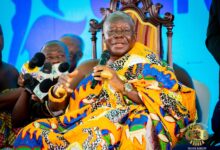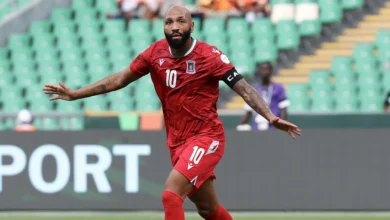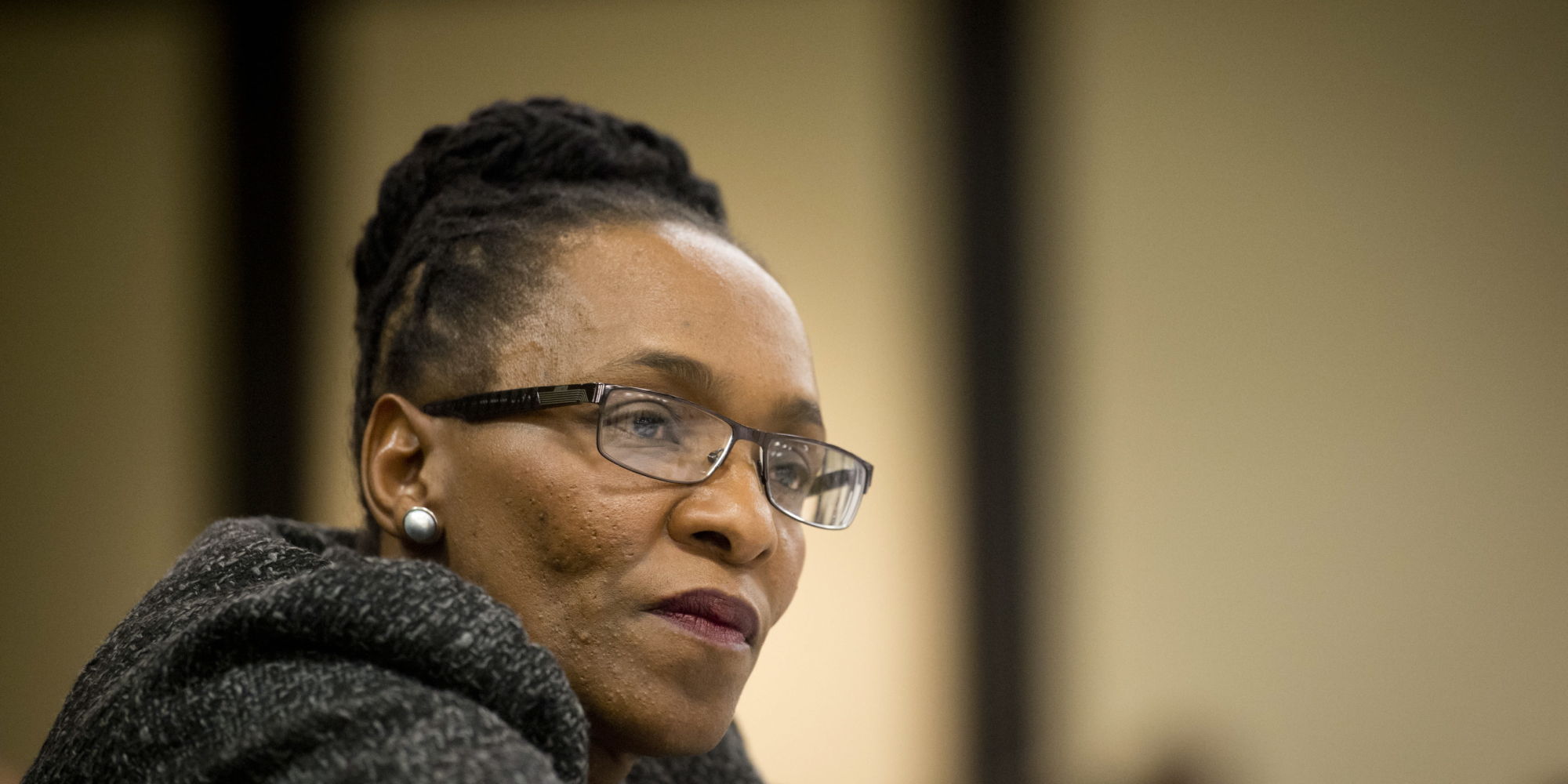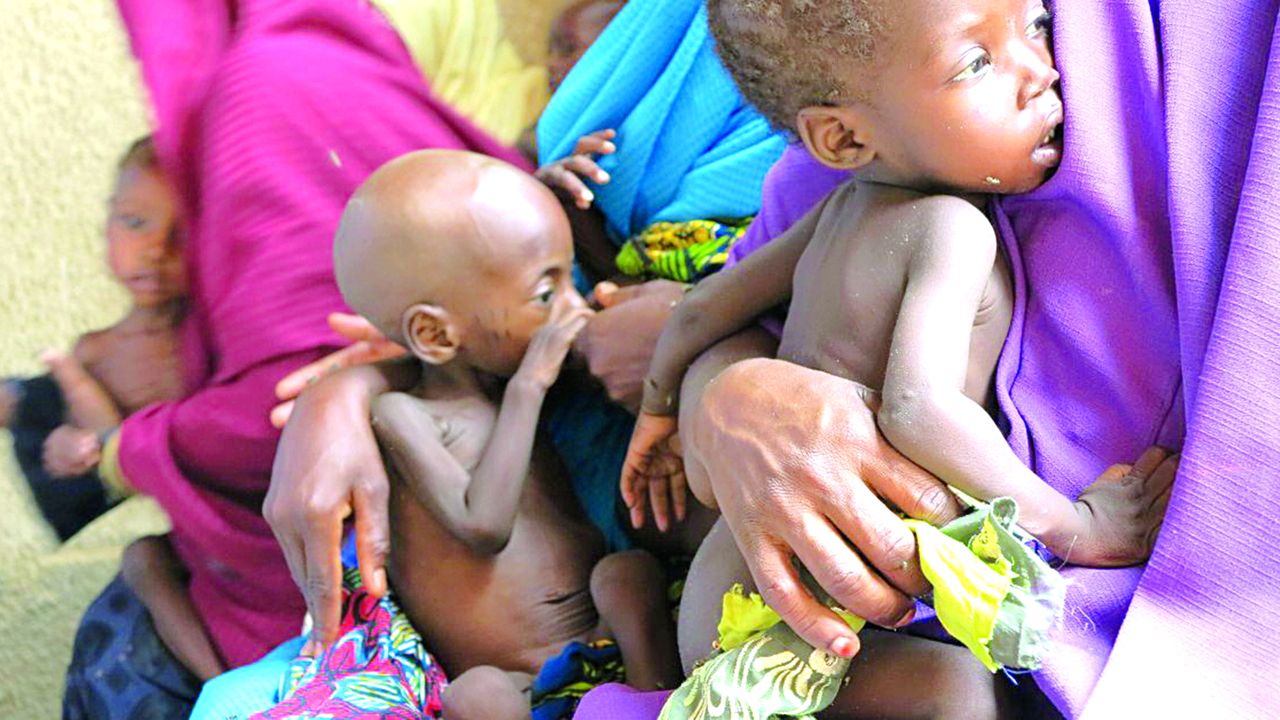Prioritize Dialogue- AU Tells Congo and Rwanda
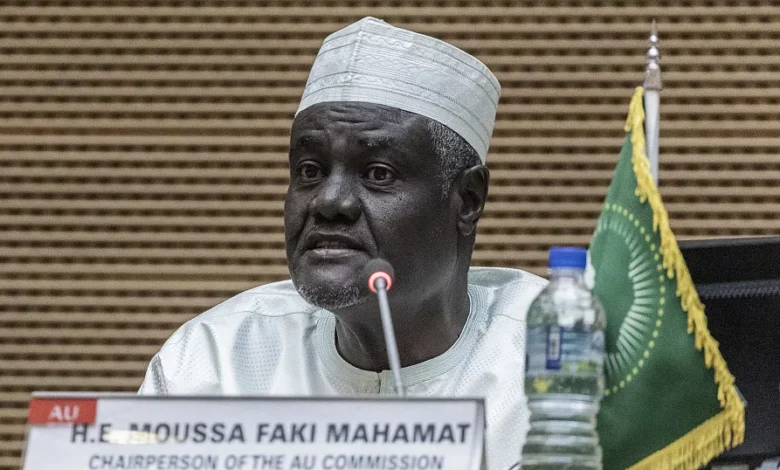
The Chairperson of Africa Union Commission, Moussa Faki Mahamat has encouraged the Democratic Republic of Congo and Rwanda to resort to dialogue in their political tensions.
In a statement, the AU expressed its concern about the recent escalation of the diplomatic relations between the two countries.
“The Chairperson of AUC, Moussa Faki Mahamat, is very concerned about the continuous tension in Eastern DRC and reiterates his call for rapid de-escalation.
“He calls upon regional leaders, particularly those of DRC and Rwanda, to prioritize dialogue in the framework of the two African mechanisms led by President João Lourenço of Angola and Uhuru Kenyatta of Kenya, with the goal of agreeing, in a collaborative and fraternal spirit, on a reasonable pathway to settle political differences, whatever their nature.”
H.E Faki is seeking a solution that would safeguard civilians as well as maintain the integrity, security, sovereignty, and stability of all states in the region.
He asserted that the military cannot be used as a solution to any disagreements within the African family and further urged foreign powers to “completely abstain” from all interference in the internal affairs of all African countries.
There are fears of a possible regional conflict after Rwanda stationed troops and missile systems in eastern Congo.
Rwanda is accusing Congo of integrating into its military the Democratic Forces for the Liberation of Rwanda (FDLR), a Rwandan ethnic militia which is directly linked to the Genocide against the Tutsi in Rwanda in 1994.
Meanwhile, Congo accuses Rwanda of backing the March 23 Movement known as M23, a rebel military group mainly made up of ethnic Tutsis that broke away from the Congolese army just over a decade ago.
Congo and Rwanda Tension As Reported By Time
Relations between Congo and its eastern neighbour have been fraught for decades. Hundreds of thousands of Rwandan Hutu refugees had fled to Congo, then Zaire, in the aftermath of the 1994 Rwandan genocide. Among them were soldiers and militiamen responsible for the slaughter of 800,000 minority Tutsis and moderate Hutus.
Two years after the genocide, Rwanda and Uganda invaded eastern Congo to try and root out what remained of those genocide perpetrators, which led to the toppling of then-Congo President Mobutu Sese Seko.
Tensions between Congo and Rwanda escalated in 2021 with the resurgence of M23 attacks on Congolese soldiers after nearly a decade of relative inactivity due to a 2013 peace deal. The presence of so many armed groups is believed to be connected to illegal mining, with eastern Congo rich in gold and other minerals.


